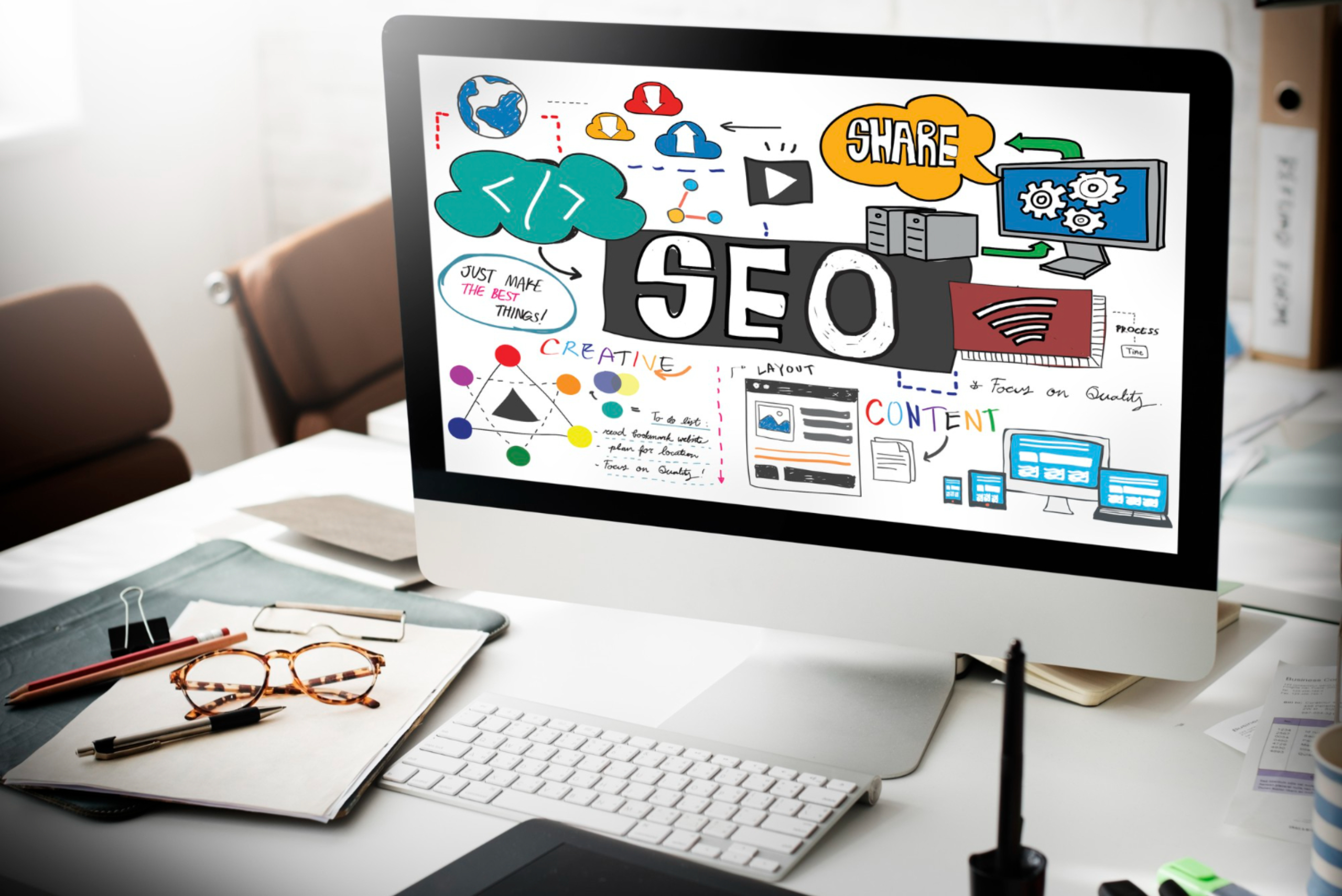Having a website is no longer optional—it’s essential for any business that wants to build a strong online presence. In 2025, with growing competition and rapidly evolving technology, a well-designed and fully optimized website can be a key differentiator for your business success.
In this guide, we’ll cover everything you need to know: website development costs, timelines, how to choose the right domain and hosting, must-have features, the best platforms, and how to ensure your site is SEO-ready from the start.
How much does website development cost?
Website development costs vary widely depending on the type of website, its complexity, and the features you need. A simple business website might start at around €500, while a fully functional e-commerce store can exceed €3,000.
Factors that influence the cost:
- The design and complexity of the website
- The platform used for development
- Additional features (e.g., contact forms, CRM integration)
- Content creation and SEO optimization
How long does it take to build a website?
The average website takes between 2 to 6 weeks to complete, depending on the project’s size, the availability of content, and client responsiveness.
Estimated timelines:
- Business website: ~2–3 weeks
- E-commerce site with multiple categories: 4–6 weeks
- Custom solutions: 6+ weeks
What is a domain name and how do you choose one?
A domain name is your digital address—like www.yourname.gr. Choosing the right domain is crucial for your brand identity and for SEO.
Tips for choosing a good domain:
- Easy to remember and spell
- Includes your brand name or main service
- Prefer a local extension (.gr) if targeting the Greek market
Website hosting: What it is and what it costs
Website hosting is the service that allows your website to be accessible online.
Common types of hosting:
- Shared hosting – affordable but limited
- VPS hosting – more power and control
- Cloud hosting – scalable and high performance
Hosting costs typically range from €3 to €30 per month depending on your needs.
Which platform should you choose?
Your website platform is the tool you’ll use to build and manage your site.
Popular options include:
- WordPress – flexible, SEO-friendly, suitable for almost any website
- Custom development (HTML/CSS/JS or frameworks) – ideal for specialized requirements
- Wix / Squarespace – beginner-friendly but limited for SEO and scalability
Choose based on your functionality needs and available budget.
What features should your website have?
A modern website should be more than just a digital business card. It needs to offer real value to users.
Essential features:
- Responsive design (mobile/tablet friendly)
- Contact form
- SSL certificate
- Blog or news section for SEO
- Social media integration
- Analytics tools (e.g., Google Analytics)
Why is SEO important for websites?
Search Engine Optimization (SEO) is the process of optimizing your website for visibility in search engines.
A well-optimized site should:
- Use clean URLs and accurate titles
- Load quickly
- Offer high-quality, relevant content
- Be mobile-friendly
A website without SEO is like a store with no sign—it’s there, but no one knows about it.
Who handles website maintenance?
After launch, website maintenance is crucial for performance, security, and ongoing improvements.
Maintenance options:
- Your web developer (with monthly or annual agreements)
- Your internal IT team
- DIY (if the platform is user-friendly like WordPress)
Tasks include: plugin updates, backups, security monitoring, speed checks, and more.
What are the main steps in website development?
Here’s a typical process from start to finish:
- Understanding your business needs and goals
- Choosing a domain name & hosting provider
- Creating wireframes
- Development (WordPress or custom code)
- Writing content
- SEO optimization
- Testing & launch
What content should your website include?
Your content is what convinces visitors to stay, engage, and convert.
Must-have content elements:
- Clear descriptions of products/services
- Client testimonials and reviews
- FAQ section
- Strong calls to action (CTAs)
- Multimedia content (images, videos)
High-quality content boosts both SEO and conversion rates.
Web design trends & technologies dominating 2025
In 2025, technology continues to reshape how websites are designed and developed. Innovations in AI, new UX/UI standards, and the emphasis on speed and accessibility are redefining what it means to build a modern website.
Top trends include:
- AI & Chatbots: Smart assistants that answer user questions in real-time
- Dark Mode & Micro-animations: Modern design with smooth and engaging interactions
- Core Web Vitals: Google now prioritizes load speed and visual stability
- Accessibility: Inclusive design for all users, including those with visual or motor impairments
Website development in 2025 is more than a technical task—it’s a strategic investment in your digital presence. A great website enhances brand credibility, attracts potential customers, and offers a seamless user experience that drives results.
Think of your website not as a static product but as a dynamic tool that evolves with your business. Choosing the right platform, optimizing for SEO, producing strong content, and maintaining it consistently are the four pillars of online success.
If you’re considering building or revamping your website, contact us for your needs analysis and a personalized proposal. Investing in your online presence means investing in the future of your business.




